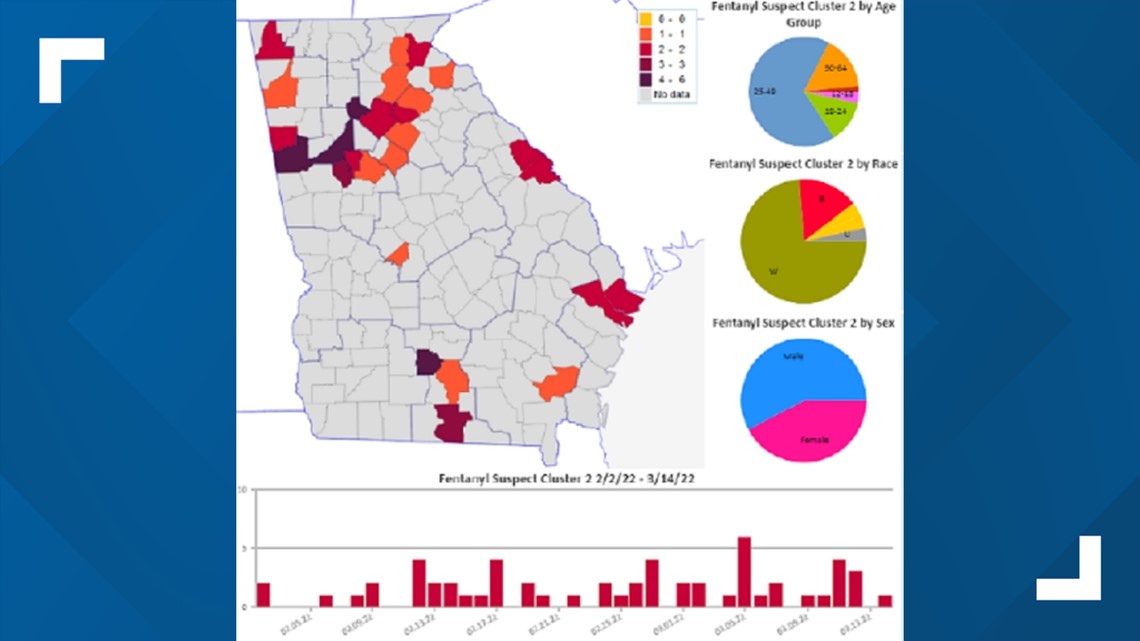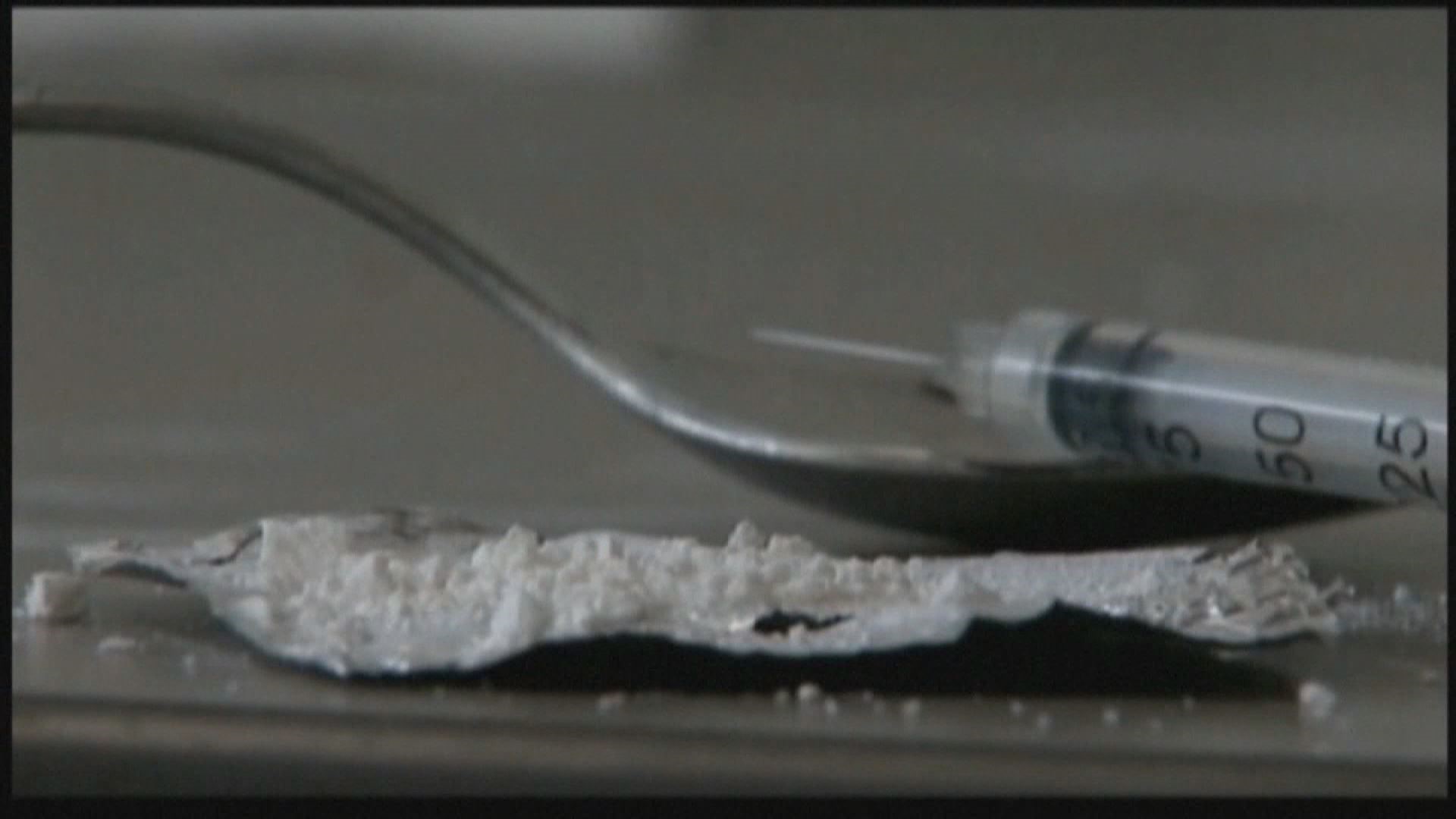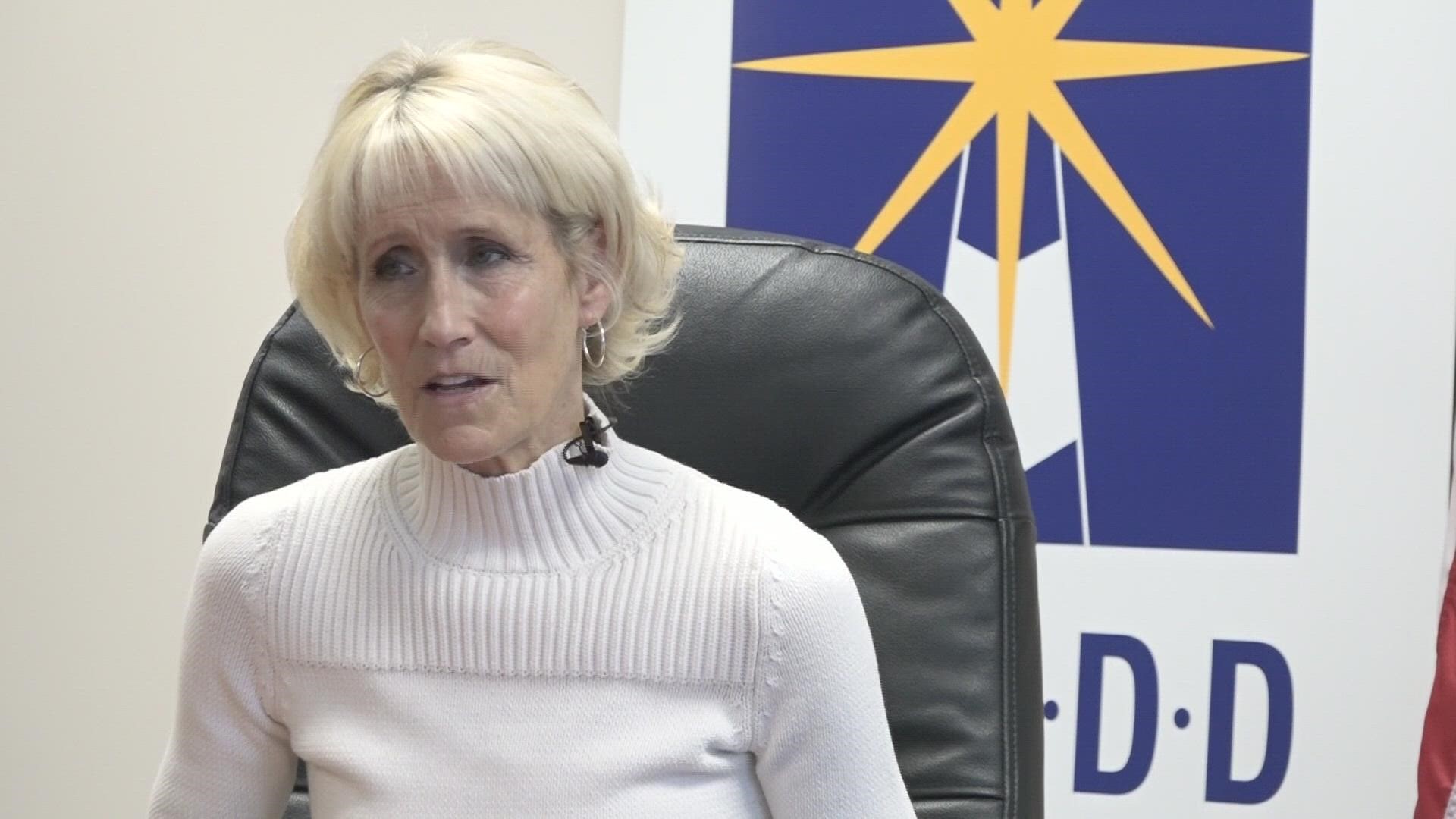ATLANTA — There has been an increase in reported overdoses from drugs mixed with fentanyl, according to the Georgia Department of Public Health. Many of the drug mixtures included cocaine, methamphetamine, and counterfeit pills.
Between early February and mid-March, according to the DPH, at least 66 emergency department visits involved the use of cocaine, methamphetamine, crack, heroin, pain killers and cannabis products that were likely laced with fentanyl.
The DPH recorded suspected drug overdose emergency department visits between Feb. 2 and March 14, representing their findings in a geographic and demographic distribution below.


Fentanyl-related overdose deaths have increased 106.2% between May 1, 2020, and April 30, 2021, as compared to the same period of time for the previous year, the DPH said. According to Commissioner of the Georgia Department of Behavioral Health and Developmental Disabilities Judy Fitzgerald, the total number of overdose deaths within Georgia between April 2020 and April 2021 increased by 36% compared to the same period in the previous year.
Fentanyl is a deadly substance that can cause a number of symptoms:
• Unconsciousness, or inability to wake up
• Limp body
• Falling asleep, extreme drowsiness
• Slow, shallow, irregular or no breathing
• Pale, blue, cold and/or clammy skin
• Choking, snoring, or gurgling sounds
• Slow or no heartbeat
Drugs that contain fentanyl cannot be detected by sight or smell, the DPH said. Even a small amount of the substance can cause an overdose.
Fitzgerald said that thanks to Johnson & Johnson's multi-state $26 billion opioid distribution settlement, there is hope for Georgia residents suffering from substance abuse.
"The settlement dollars, that now really are coming out to almost every state, we have begun to receive those here in Georgia," Fitzgerald told 11Alive. "DBHDD is the recipient of the first large portion of those, an $11 million settlement. Our work at the Department of Behavioral Health and Developmental Disabilities is to, as quickly as we can, turn those dollars right back into community services."
In order to turn those settlement dollars into help for Georgia residents in need, Fitzgerald has a few plans.
"That first $11 million– we'll begin putting those into an evidence-based practice for opioid use disorder, and that's called medication assistance treatment," she said. "What we want to be doing is have the gold standard of treatment available here in Georgia, while also having detoxification beds. Right at that moment of overdose, we want to make it as easy as possible to get help."
With more money on the way, Fitzgerald said the department also plans to use the money to battle substance abuse-related stigmas.
"And then we are also going to use those funds to contract for anti-stigma campaigns, really reminding people what substance abuse disorder looks like– also helping them see what recovery looks like," she said. "It's not just about despair and addiction. It's really about what's possible when people find that path to recovery, so we are excited to get all those dollars on the ground, working for people in need here in Georgia. And the most exciting news of all: There's tens of millions more on the way."
Attorney General Chris Carr first announced on Jan. 7 that Georgia had joined the list of states on the $26 billion settlement agreement between pharmaceutical distributors Cardinal, McKesson and AmerisourceBergen and opioid manufacturer Johnson & Johnson.
The settlement agreement resolves investigations and litigation over all four of the companies' roles in creating and fueling the country's opioid epidemic, Carr said.


